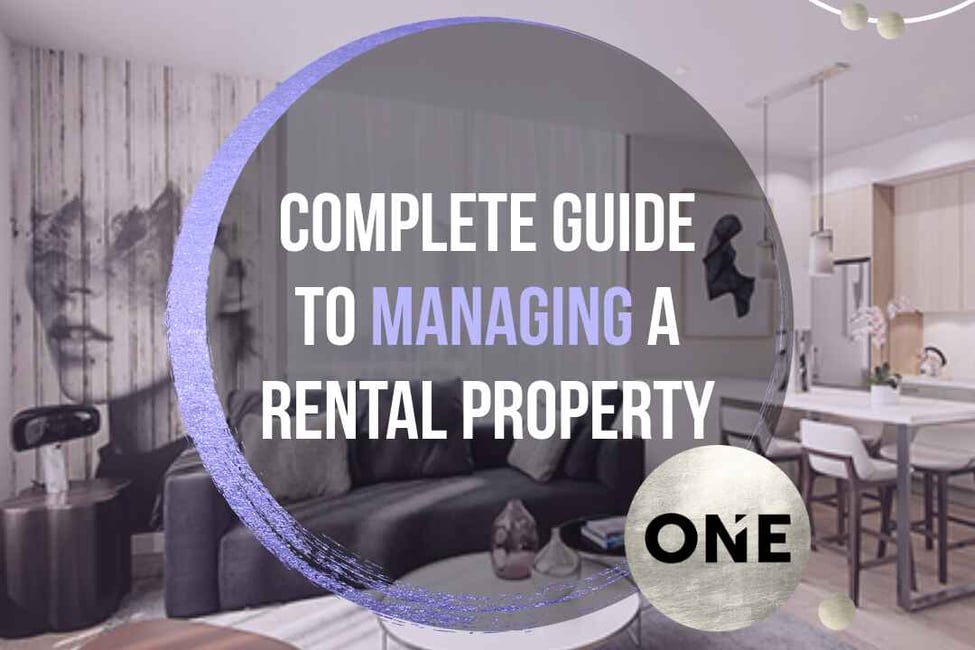Managing rental properties demands a mix of knowledge, skill, and effective strategies. To excel in your role and build positive relationships with tenants, follow these key guidelines:
1. Effective Communication
Clear Expectations: From the outset, establish clear expectations with your tenants. This includes outlining lease terms, property rules, and responsibilities. Clear communication helps prevent misunderstandings and sets a positive tone for the tenancy.
Regular Updates: Keep tenants informed about any property issues, maintenance schedules, and other important information. Regular updates ensure tenants are aware of what’s happening and feel included in the management process.
2. Thorough Tenant Screening
Background Checks: Perform comprehensive background checks to ensure you’re renting to reliable tenants. This includes checking credit history, criminal records, and other relevant information to assess their suitability.
References: Verify references from previous landlords to gauge the tenant’s past behavior and reliability. This helps you make informed decisions and choose tenants who are likely to be responsible and respectful.
3. Lease Agreements and Legal Compliance
Detailed Leases: Use detailed lease agreements that cover all aspects of the tenancy, including rent payment terms, maintenance responsibilities, and any special provisions. A thorough lease helps prevent disputes and clarifies expectations for both parties.
Stay Compliant: Regularly update yourself on local, state, and federal housing laws to ensure your practices remain compliant. This helps you avoid legal issues and operate within the bounds of the law.
4. Property Maintenance and Safety
Regular Inspections: Conduct regular property inspections to identify and address maintenance issues promptly. Routine checks help keep the property in good condition and prevent minor problems from escalating.
Safety Standards: Ensure your property meets all health and safety standards to protect your tenants and avoid legal liabilities. Address safety concerns promptly to maintain a safe living environment.
5. Financial Management
Rent Collection: Implement efficient rent collection methods, such as online payment systems, to ensure timely payments. Streamlined processes help reduce late payments and administrative hassles.
Budgeting: Create a budget for property maintenance, repairs, and improvements. Effective budgeting helps you manage expenses and maintain the property’s condition without unexpected financial strain.
6. Building Positive Tenant Relationships
Respect and Fairness: Treat all tenants with respect and fairness. Building trust through fair treatment encourages long-term tenancies and fosters a positive rental experience.
Responsive Service: Be responsive to tenant inquiries and concerns. Demonstrating a commitment to their satisfaction by addressing issues promptly helps build a strong landlord-tenant relationship.
By implementing these strategies, you’ll enhance your property management skills and create a more positive experience for your tenants. Mastering these aspects of rental property management not only helps ensure smooth operations but also builds a reputation as a reliable and effective landlord.

